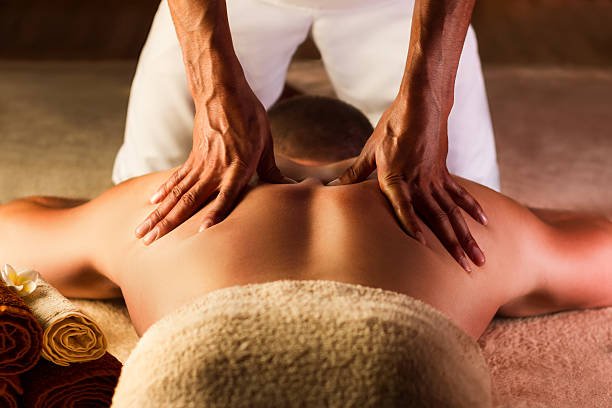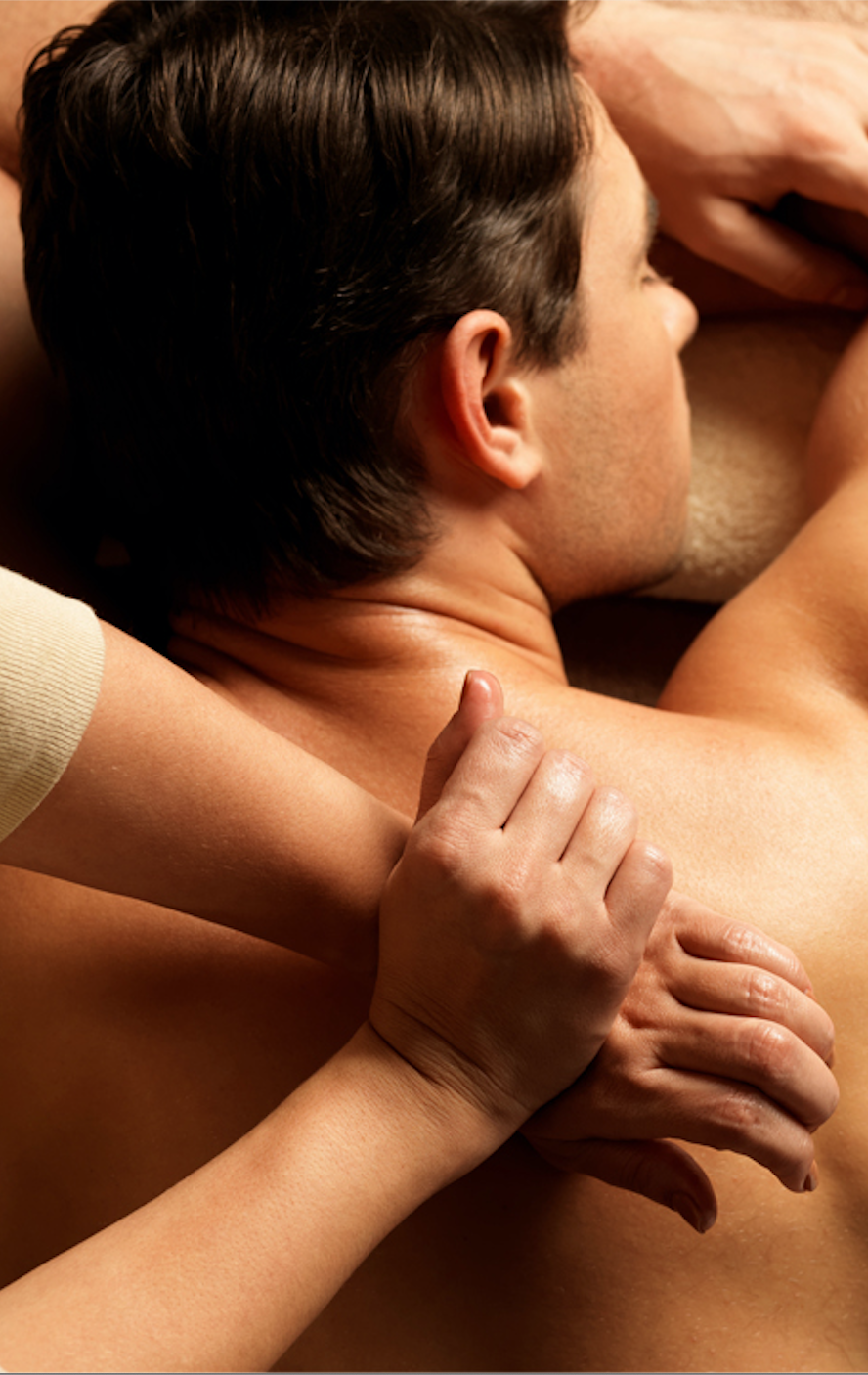

DEEP TISSUE ACUPRESSURE MASSAGE
60min @ $175
Deep tissue massage involves applying firm pressure and slow strokes to reach deeper layers of muscle and fascia.
releasing chronic muscle tension
increase the level of oxygen and circulation in the blood
decrease muscle toxins and increase immune system
helping flexibility while easing tension.
Why Is Deep Tissue Massage So Effective?
Deep tissue massage involves applying firm pressure and slow strokes to reach deeper layers of muscle and fascia.
Chronic pain
If you suffer from chronic pain, this is for you. Deep tissue massage increases blood flow in the body which in turn reduces inflammation. The inflammation is what is causing pain, so that helps relieve it. It also helps the muscle tension that comes with dealing with pain.
Injured muscles
If you have injured muscles in your body, deep tissue massage can be an effective way to help them heal. Deep tissues massage facilitates the movement of toxins from the muscles and helps stretch tight or twisted muscle mass, as well as improving the blood flow to the affected muscles. The relaxation from the massage helps to reduce pain.
suffer from chronic stressStress
Last, but not least, deep tissue massage is fantastic for people who suffer from chronic stress. Stress causes tension headaches, rigid shoulders and tight muscles. A good deep tissue massage will relax the muscles and let you relax.
Blood pressure
If you have blood pressure problems, deep tissue massage could be a help as well. For a myriad of reasons, including easing stress, breaking up tension in the muscles, raising serotonin levels and improving blood flow, people who have had a deep tissue massage saw their systolic pressure drop by an average of 10.4 mm Hg and their diastolic pressure drop an average 5.3 mm Hg.
What to expect in your massage session?
Deep tissue massage techniques are used to break up scar tissue and physically break down muscle "knots" or adhesions (bands of painful, rigid tissue) that can disrupt circulation and cause pain, limited range of motion, and inflammation.
Massage therapists may use fingertips, knuckles, hands, elbows, and forearms during a deep tissue massage. You may be asked to breathe deeply as the massage therapist works on tense areas.
After the massage, you may feel some stiffness or soreness, but it should subside within a day or so. Be sure to contact your massage therapist if you have concerns or if you feel pain after having a massage.
Do Deep Tissue Massages Hurt?
You will feel a firm and steady pressure during the massage but not discomfotable pain. Pain isn't necessarily good, and it's not a sign that the massage will be effective. In fact, your body may tense up in response to pain, making it harder for the therapist to reach deeper muscles.
You should always tell your massage therapist if you feel any discomfort or pain during the massage. The therapist can adjust the technique or further prep the tissues if the superficial muscles are tense.










